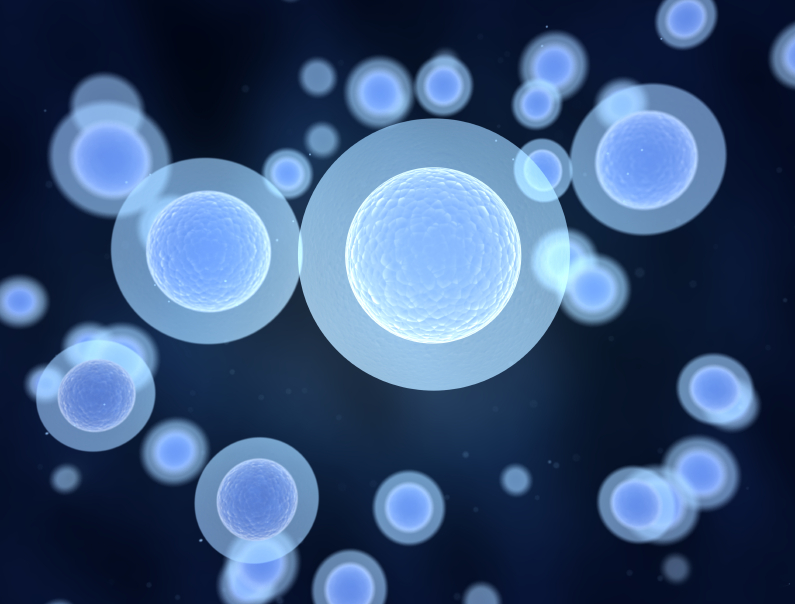Cell therapy based on iPS (induced Pluripotent Stem cell) cells is advancing. The team at the Developmental Biology Centre, Riken Institute, led by ophthalmologist, Masayo Takahashi, “has just shown that iPS cells produced from monkey cells can be transplanted into another monkey without any sign of rejection”, thus overcoming one of the major problems associated with this kind of transplant.
iPS cells are differentiated adult cells transformed into pluripotent cells “capable of restoring any type of cell in the body”. Masayo Takahashi is carrying out a clinical trial using these cells to treat patients suffering from Age-Related Macular Degeneration (ARMD) (see Japon : Reprise du premier essai clinique utilisant des cellules iPS – Japan: resumption of the first clinical trial using iPS cells). However, in this trial, “the cells are taken from cells harvested from the same patient in order to ensure perfect immunological compatibility”. This technique is “both time-consuming and costly because the reprogrammed cells develop at the same rate as normal cells and patients have to wait over a year for a transplant”.
The success achieved with themonkey study could accelerate the process through allografts, “i.e. collecting from one to give to another”. These scientists hope to create iPS cell banks to be used in patient transplants. To do this, the problems of “immune response and tissue rejection” have to be overcome, as in the monkey scenario. Scientists “have selected cells that express surface molecules common to other individuals and which should, therefore, be compatible”. This has proved successful and should now “lead to the next stage, namely the creation of readily accessible iPS cell banks”.
Le Temps, Rafaele Brillaud (15/09/2016)

